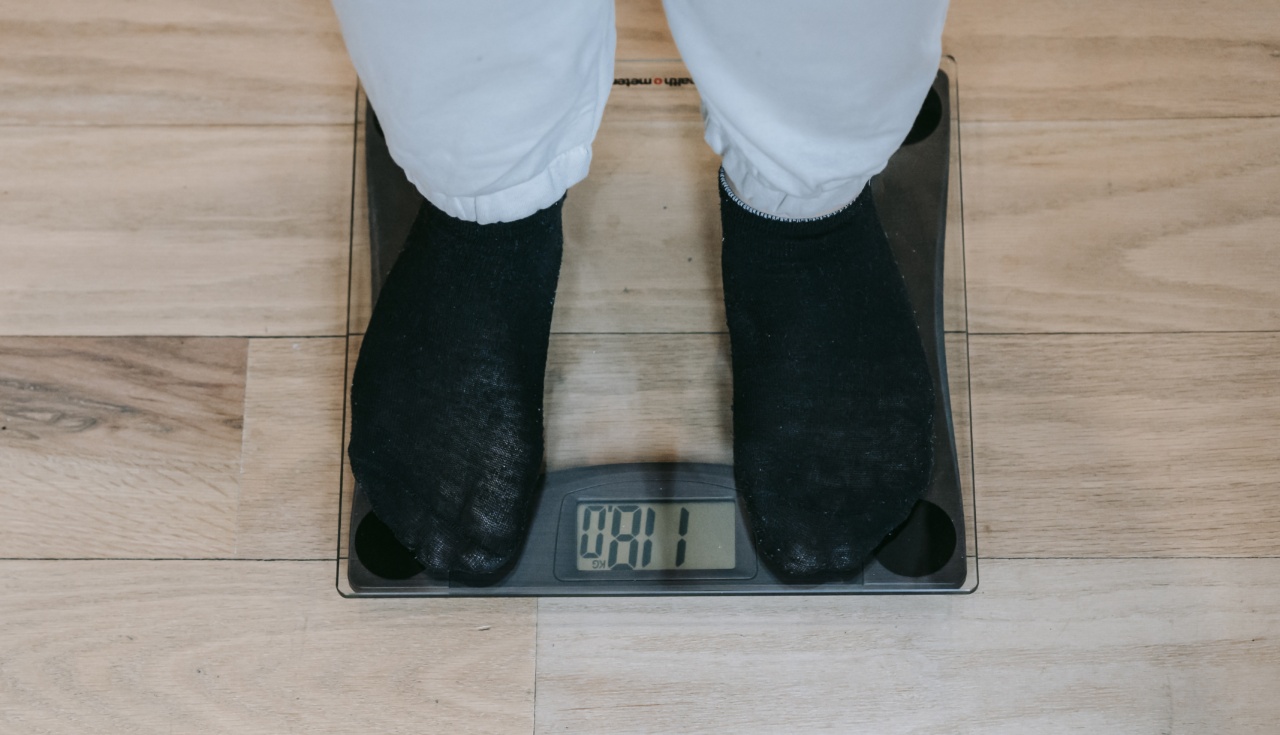Weight bias refers to the negative attitudes, beliefs, and stereotypes that people hold towards individuals who are overweight or obese. Unfortunately, weight bias is prevalent in many areas of society, including healthcare.
This bias can have a significant impact on the quality of healthcare that obese individuals receive, leading to potential negative consequences for their physical and mental well-being.
The Impact of Weight Bias on Access to Healthcare
Obese individuals often face barriers when it comes to accessing healthcare services. Many healthcare facilities and practitioners are not equipped to handle patients with obesity, resulting in limited options for individuals seeking medical care.
Additionally, some healthcare providers may display weight bias and treat obese patients differently, which can further hinder access to necessary care.
Research indicates that obese individuals often delay or avoid seeking healthcare due to experiences of weight bias.
This delay in seeking medical attention can lead to the progression of health conditions, making them more challenging to treat and manage. For example, an obese individual may hesitate to see a doctor for a persistent cough, fearing that their symptoms will be attributed to their weight and dismissed.
Effects of Weight Bias on Diagnosis
Weight bias can significantly impact the accuracy and timeliness of diagnoses for obese individuals. Healthcare providers may attribute symptoms to an individual’s weight rather than conducting a thorough investigation.
This bias can lead to misdiagnosis or delayed diagnosis, potentially exacerbating the individual’s condition and compromising their health outcomes.
Furthermore, weight bias can result in underdiagnosis or the dismissal of symptoms that may be indicative of serious underlying health issues.
For example, an obese individual experiencing chest pain may be less likely to be taken seriously or receive timely diagnostic tests for potential heart conditions due to the assumption that their weight is solely responsible for their symptoms.
Treatment Disparities
Weight bias can also manifest in the form of treatment disparities for obese individuals within the healthcare system.
Some healthcare providers may not provide the same level of care and attention to obese patients as they would for individuals within a “normal” weight range. This can result in suboptimal treatment plans, inadequate monitoring of chronic conditions, and reduced access to specialized care.
In some cases, healthcare providers may overemphasize weight loss as the solution to any health issue an obese individual is facing, without considering other potential factors or comprehensive treatment approaches.
This fixation on weight can lead to the neglect of other essential aspects of an individual’s health and well-being, potentially exacerbating underlying conditions.
Psychological Impact of Weight Bias in Healthcare
The weight bias faced in healthcare can have significant psychological consequences for obese individuals.
Experiencing weight bias from healthcare providers can contribute to increased stigmatization, self-blame, and lower self-esteem among these individuals. This negative psychological impact can further contribute to barriers in seeking healthcare and adherence to treatment plans.
Furthermore, the emotional toll of weight bias can impact the mental health of obese individuals. Research shows that weight bias in healthcare settings can lead to increased rates of depression, anxiety, and other mental health disorders.
These mental health issues can further impede an individual’s ability to seek and engage in healthcare, perpetuating a cycle of poor health outcomes.
Addressing Weight Bias in Healthcare
Addressing weight bias in healthcare is crucial for promoting equitable and effective healthcare for all individuals, regardless of their weight.
Healthcare professionals should undergo training to recognize and counteract their own biases while providing care to obese patients. This training should include strategies for providing patient-centered care, improving communication skills, and understanding the complex factors contributing to obesity.
Institutional changes are also necessary to combat weight bias in healthcare. Healthcare organizations and facilities should develop policies and guidelines that promote inclusivity and eliminate discrimination based on weight.
These policies should be reinforced through regular training and accountability measures to ensure a supportive environment for both patients and healthcare providers.
Educating the Public and Raising Awareness
In addition to changes within the healthcare system, public education and awareness campaigns are essential to combat weight bias.
Efforts should focus on dispelling common stereotypes and myths surrounding obesity and promoting understanding and empathy towards individuals with obesity.
These campaigns can help in reducing the social stigma associated with obesity and encourage individuals to seek healthcare without fear of judgment or bias.
By enhancing public awareness, individuals with obesity can feel more supported and empowered to prioritize their health and well-being.
Conclusion
Weight bias in healthcare is a significant issue that can have far-reaching consequences for obese individuals.
From barriers to access and accurate diagnosis to treatment disparities and psychological impact, weight bias affects healthcare outcomes in multifaceted ways. Addressing weight bias requires a multi-faceted approach involving training for healthcare professionals, institutional changes within healthcare organizations, and public education initiatives.
By combatting weight bias, we can strive towards a healthcare system that is equitable, inclusive, and supportive for all individuals, regardless of their weight.





























